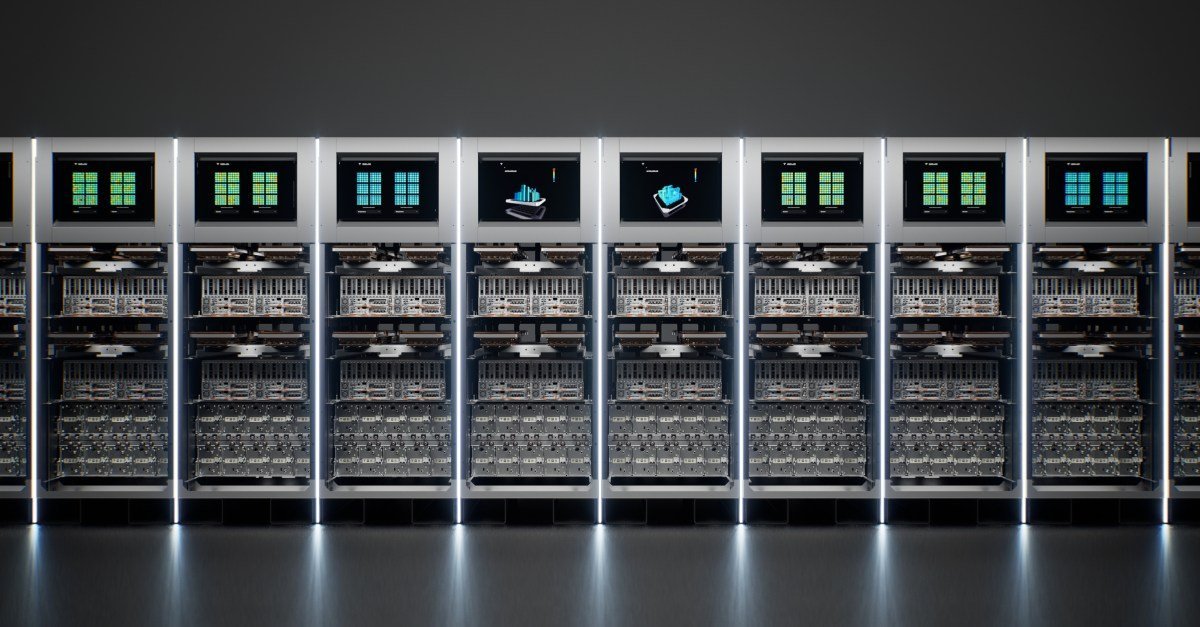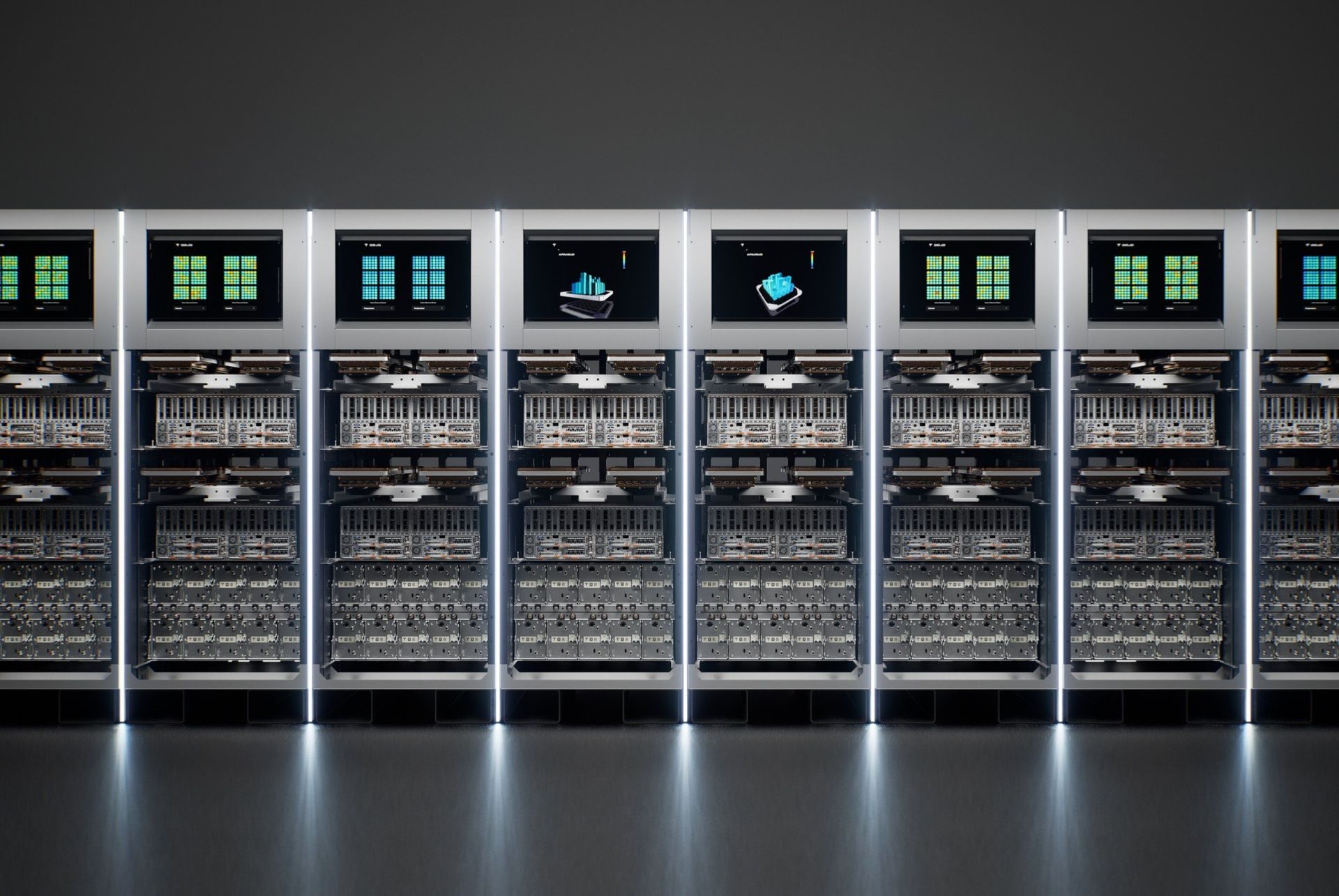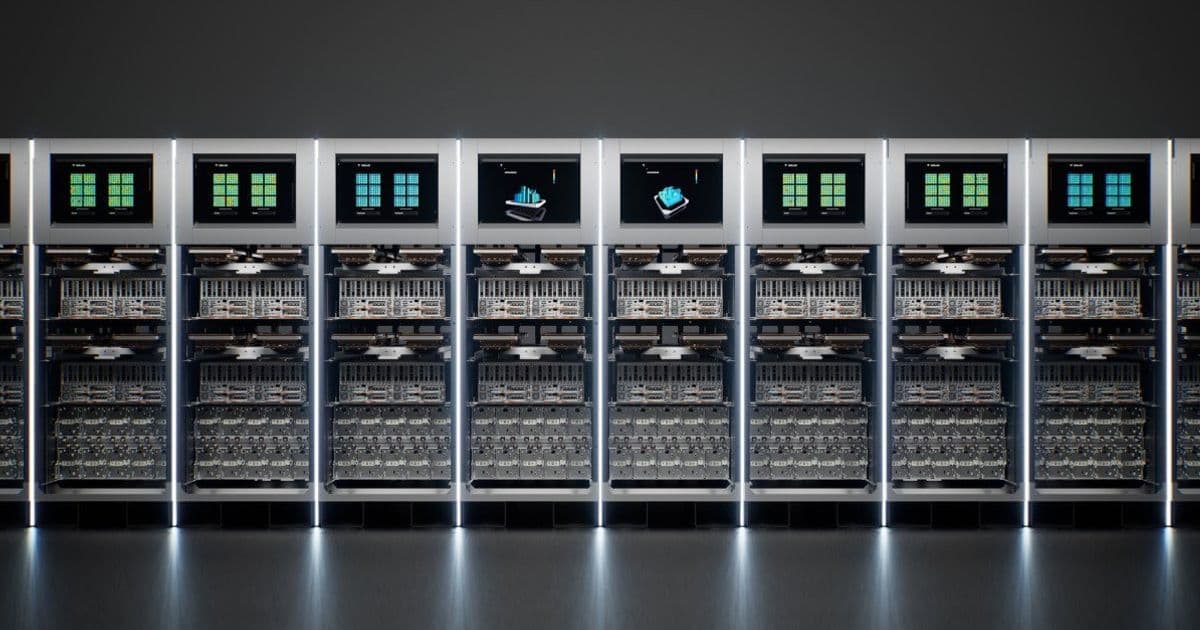Tesla has disbanded its ambitious Dojo supercomputer project following a mass exodus of AI talent, forcing a strategic pivot toward third-party chips. The move exposes critical leadership and retention challenges as Elon Musk's automaker scales back its vertically integrated AI vision for autonomous vehicles.

Tesla’s dream of an in-house supercomputer powering its autonomous driving ambitions has collapsed. According to Bloomberg, CEO Elon Musk has dissolved the Dojo project after its leader and core engineering team departed for AI startup Density—marking a stunning reversal for what was once touted as Tesla's "secret sauce" for dominating self-driving technology.
The Unraveling of a Vertical Integration Dream
For years, Tesla championed Dojo as its competitive edge: a custom supercomputer designed to process massive datasets from its vehicle fleet and train AI models for Autopilot, Full Self-Driving (FSD), and Optimus robots. While rivals relied on external GPU suppliers like Nvidia, Tesla bet that vertical integration—from silicon to software—would accelerate development.
"Dojo was supposed to hoover up data from Tesla’s fleet and crunch it to supposedly make the algorithm smarter," notes Gordon Johnson, CEO of GLR Research. "Analysts even bought the hype... slapping a $500 billion fantasy valuation on Dojo’s potential."
The Talent Exodus That Broke Dojo
Technical hurdles plagued Dojo, but the decisive blow came from human capital:
- Leadership drain: Project leads Jim Keller (2018), Ganesh Venkataramanan (2023), and finally Peter Bannon all departed for rival ventures. Bannon and 20 engineers joined Density AI.
- Broader executive flight: Recent exits include Optimus engineering head Milan Kovac, software VP David Lau, and Musk confidant Omead Afshar.
This brain drain reflects systemic retention issues exacerbated by Musk’s political controversies and competing priorities like xAI. Tesla’s culture appears increasingly fragile among technical talent.
Strategic Pivot to External Suppliers
Musk confirmed the shift on X: Tesla will now prioritize next-gen AI chips from partners like Samsung and TSMC for both training and inference. A recent $16.5B deal with Samsung for AI6 chips underscores this dependency—a stark contrast to earlier self-reliance rhetoric.
 Tesla's Dojo supercomputer hardware, now shelved (Source: The Verge)
Tesla's Dojo supercomputer hardware, now shelved (Source: The Verge)
Implications for Tesla’s AI Future
- Technical compromise: External chips may streamline development but sacrifice the performance optimization Tesla envisioned with custom silicon.
- Financial pragmatism: Investors initially cheered the move (+2.5% stock bump), seeing cost savings amid EV market pressures.
- Broader credibility questions: The retreat fuels skepticism about Tesla’s autonomy timeline and Musk’s ability to execute complex hardware-software integrations.
While Tesla’s data pipeline from millions of vehicles remains valuable, the Dojo debacle reveals that without stable engineering leadership, even the most ambitious AI architectures crumble. As one autonomous vehicle developer noted anonymously: "Data is useless without the talent to weaponize it." For now, Tesla’s race toward full autonomy runs on borrowed silicon.
Source: The Verge | Reporting by Andrew J. Hawkins

Comments
Please log in or register to join the discussion